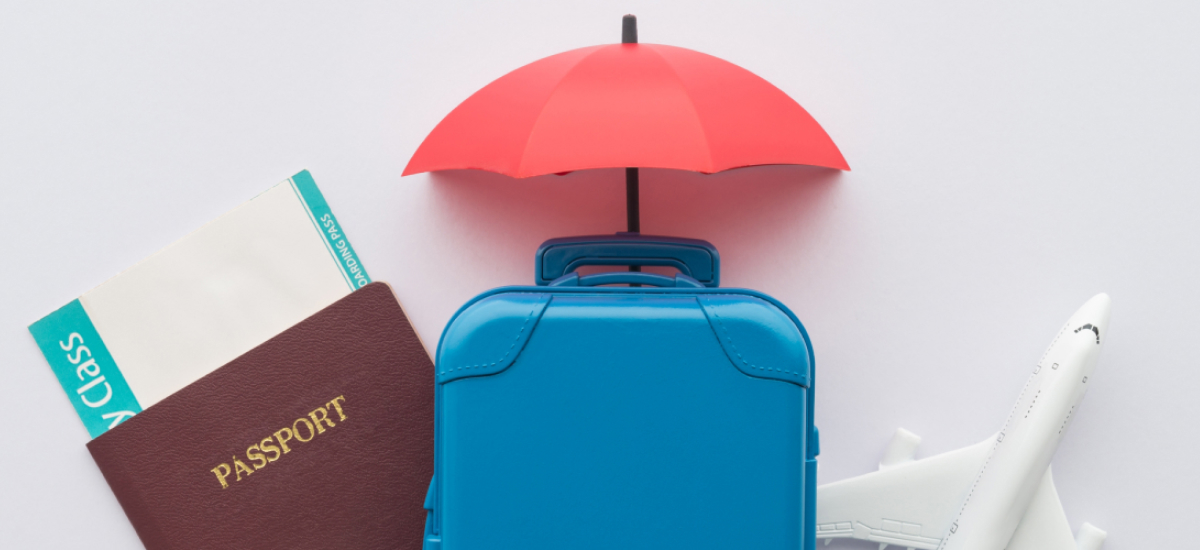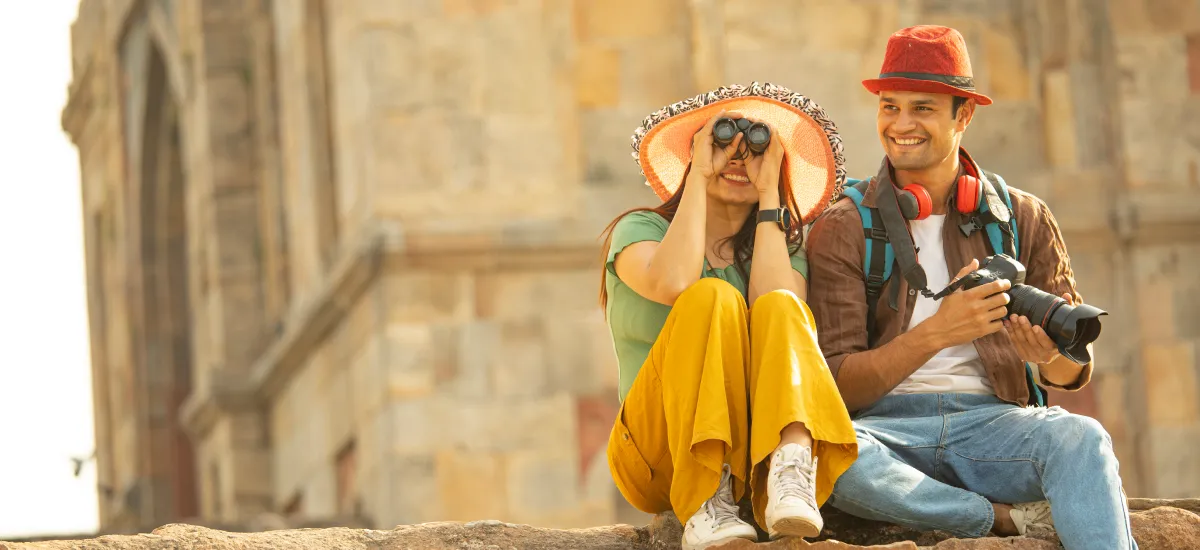Seoul, the vibrant capital of South Korea, is a captivating blend of ancient heritage and cutting-edge modernity. As more Indian travellers discover the allure of this East Asian metropolis, Seoul South Korea, has emerged as a top destination for its fascinating history, stunning landscapes, delectable cuisine, and unique cultural experiences. In this article, we will take you on a journey through the top tourist attractions in Seoul, showcasing the city's must-visit landmarks, cultural escapades, and urban adventures.
Iconic landmarks that define Seoul's skyline
Seoul's iconic landmarks contribute to the city's unique and vibrant skyline, showcasing a blend of historical richness and modern dynamism. Here's a detailed look at the list of things to do in Seoul.
1. Gyeongbokgung Palace: A glimpse into Joseon Dynasty grandeur
Step back in time at Gyeongbokgung Palace, the primary royal residence of the Joseon Dynasty. This sprawling complex features stunning traditional Korean architecture, ornate throne rooms, and immaculate gardens. Don't miss the colourful changing of the guard ceremony and the opportunity to dress up in traditional hanbok attire.
2. N Seoul Tower: Panoramic views and love locks
For breathtaking panoramic views of the city, head to N Seoul Tower, an iconic landmark perched atop Namsan Mountain. Take the cable car up to the observation deck, where you can marvel at the cityscape and leave a love lock on the famous fence. As night falls, the tower illuminates, creating a romantic ambience.
3. Dongdaemun Design Plaza: Architectural marvel and cultural hotspot
Dongdaemun Design Plaza is a striking example of modern architecture in Seoul. This futuristic complex houses art exhibitions, fashion shows, and cultural events. Explore the unique design features, such as the undulating facade and the rooftop park, which offers a tranquil escape from the bustling city.
Cultural and spiritual escapes worth experiencing
When in Seoul, the adventures are endless. A list for you to cover the most important adventures is shared below.
1. Bukchon Hanok Village: Time travel through traditional Korean houses
Immerse yourself in traditional Korean culture at Bukchon Hanok Village, a charming neighbourhood filled with beautifully preserved hanok houses. Wander through the narrow alleyways, visit tea houses, and participate in workshops to learn about traditional crafts like hanji paper-making and embroidery.
2. Jogyesa Temple: Serenity in the city's heart
Find inner peace at Jogyesa Temple, the main temple of the Jogye Order of Korean Buddhism. Admire the intricate woodwork, colourful lanterns, and serene courtyard. If you visit in May, you can witness the awe-inspiring Lotus Lantern Festival, where thousands of lanterns illuminate the temple grounds.
3. Korean Demilitarised Zone (DMZ): A historic glimpse at North Korea
For a unique and sobering experience, take a guided tour to the Korean Demilitarised Zone (DMZ), the border that separates North and South Korea. Visit the Panmunjom Joint Security Area, where you can stand on the demarcation line and learn about the complex history of the Korean Peninsula.
Shop, eat, repeat: Seoul's urban adventures
Shopaholics will love exploring Seoul tourist attractions like Myeongdong and Hongdae, two of the city's most popular shopping districts. Myeongdong is known for its cosmetics stores, fashion boutiques, and street food vendors, while Hongdae boasts a trendy university vibe with unique indie shops and art markets.
No visit to Seoul is complete without indulging in its delicious cuisine. Must-try dishes include bibimbap (rice bowl with vegetables and meat), kimchi (fermented vegetables), and Korean barbecue. Don't forget to sample the mouth-watering street food, such as tteokbokki (spicy rice cakes) and odeng (fish cakes).
Travel tips: Transport, currency, language, and travel insurance
Getting around Seoul is easy, thanks to its efficient public transportation system. The city has an extensive metro network and bus routes. The local currency is the South Korean won, and while many people in tourist areas speak English, it's helpful to learn a few basic Korean phrases. Before your trip, make sure to purchase comprehensive travel insurance to protect yourself against unexpected medical expenses or trip cancellations.
Final thoughts
Seoul South Korea, offers an enchanting mix of historical places to visit and modern marvels, making it a must-visit destination for Indian travellers. From the grandeur of Gyeongbokgung Palace to the bustling shopping streets of Myeongdong, there is no shortage of exciting things to do in Seoul.
As you plan your trip, don't forget to secure your peace of mind with comprehensive travel insurance from Generali Central. With the right preparation and an adventurous spirit, your journey through the top tourist attractions in Seoul will be an unforgettable experience.
FAQs
1. What's the best time to visit Seoul?
The best times to visit Seoul tourist attractions are during the spring (April-May) and autumn (September-November) when the weather is pleasant and you can enjoy outdoor activities and festivals.
2. Do Indians need a visa to travel to South Korea?
Yes, Indian citizens require a visa to enter South Korea. You can apply for a short-term tourist visa at the nearest South Korean embassy or consulate.
3. Is Seoul safe for solo travellers?
Yes, the places to visit in Seoul Korea are generally safe for solo travellers, with low crime rates and a helpful population. However, as with any travel destination, it's essential to take basic precautions and be aware of your surroundings.
4. Can I use public transport easily as a tourist?
Yes, Seoul's public transportation system is tourist-friendly, with signs and announcements in English. You can purchase a T-money card, a rechargeable transportation card, to use on buses and the metro.
5. Does travel insurance cover medical or baggage issues in South Korea?
Comprehensive travel insurance policies typically cover medical emergencies, trip cancellations, and lost or stolen baggage. Be sure to review your policy's specific coverage and exclusions before purchasing.























